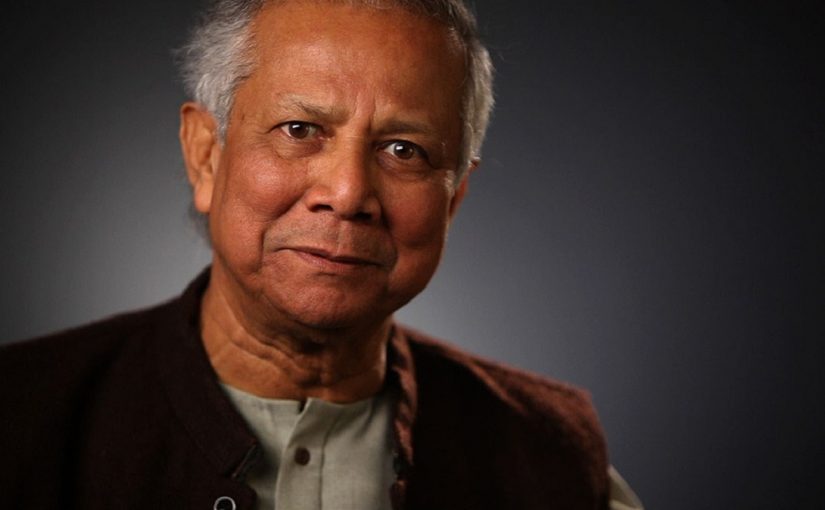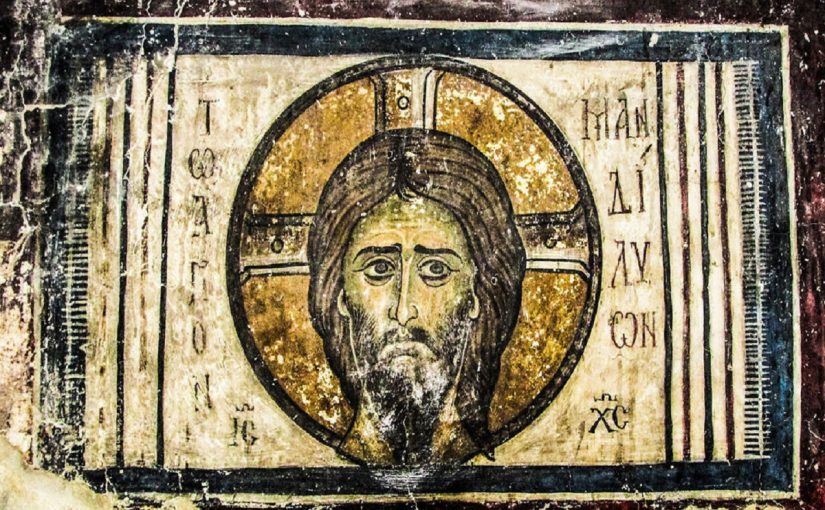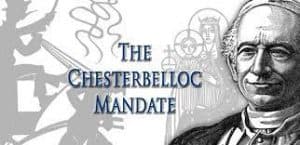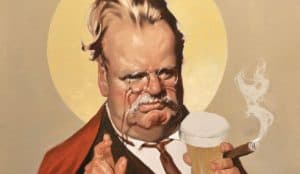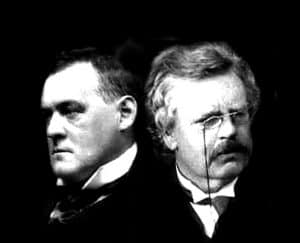27
Wine is very life to man if
taken in moderation.
Does he really live who
lacks the wine which
was created for his joy?
28
Joy of heart, good cheer and
merriment are wine drunk
freely at the proper time.
[THE BIBLE, SIRACH 31]
L’ULIVO
Laudato sia l’ulivo nel mattino!
Una ghirlanda semplice, una bianca
tunica, una preghiera armoniosa
a noi son festa.
Chiaro leggero è l’arbore nell’aria…
[“ALCIONE”, GABRIELE D’ANNUNZIO]
WINE AND OLIVE OIL
Not a few historians have written of the looting, which immediately after 1860 the South and Calabria, in particular, suffered by the work of the post-unification Italian state, – a looting led by the Savoy monarchy, and in the hands of a handful of adventurers from the north of Italy who used that corrupt state to increase his private wealth.
However, despite the systematic robbery against the South, pursued through taxation, initially Savoy and then Fascist, between 800 and 900, and through the industrial protectionism that has favored the factories of northern Italy since the end of the nineteenth century, the South has grown, in spite of everyone, and providentially.
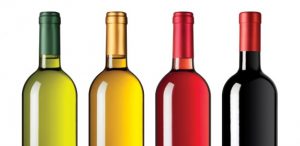
Some economists from the University of Magna Graecia in Calabria argue that, nowadays, the South has grown almost 16 times in every sector relevant to the economy and public services. And this statistical estimate is sufficient both to condemn the sectarianism of the nostalgic of the great old Bourbon south (or neo-Bourbon), which have no reason to speak of an enormous pauperism of the south, both to push northern Italy and the current Italian state to invest more in the south.
In fact, the current poverty and unemployment gaps are “relative”, so it is important to intervene to alleviate the relative poverty (even urgently) and it is decisive and necessary to severely criticize the unworthy enrichment of a part of Italy at the expense of another without assigning it the burden of helping the south.
The proposal to stimulate the economy of the south, which we want to present shortly in this short post, is political and economic together and will be better explained in the next paragraph.
In the meantime, we simply present it as follows:
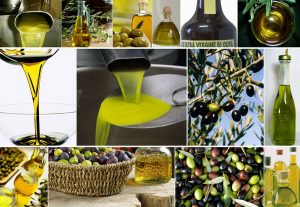
The remedy for the South, the investment that the State should implement is that necessary to increase the export of food and beverage from the south of Italy: WINE and OLIVE OIL (which goods are full of meaning, for every country and culture, as the magnificent citations from Bible and the Poetry intend to recall).
THE SPIRIT OF OUR PROPOSAL
The remedy of exporting food and beverage (wine and olive oil and all related products) is also a spiritual answer to the neo-fascist temptations of industrial capitalism of northern Italy.
Our cultural references for this response are the capitalism with a human face of Pope Leone XIII and his encyclical “Rerum Novarum”, but also the self-sustainable economy of the well-known banker of the poors, Mohhamed Junus, and his theory of self-sustainable social business.
We will apply these two sources of economic thought to the economic policy of export incentives in Southern Italy.

We think that re-entering resources from abroad is the most peaceful alternative to the absenteeism’s policy of the great Italian political parties, a policy absent from the South.
The South must be able to support itself, even self-support, without relying on an absent and disinterested state towards their own poors.
Another of our references will be the American philosopher Martha Nussbaum, who has also recently claimed that culture, even and above all the humanistic and religious culture, is at the same time a true education to fiscal and economic democracy, a response to the one-dimensional thought of the selfish profit and fascist/capitalistic robbery carried out to the detriment of people’s dignity.

We believe that a possible implementation of social capitalism that the Church has spoken of may come from both the cultural awakening of the self-sustainable dignity of the poors and, particularly in the Southern Italy, the improvement of social, cultural and scientific relations through the commercial exchange of exports.
THE SOCIAL CAPITALISM OF WINE AND OLIVE OIL
The reason can be found in Rerum novarum, the famous encyclical of the Pope, Leone XIII, who also recognized that the poor have a special status, according to the modern Catholic principle of the “preferential option for the poor” and the notion that God is on the side of the poor were expressed in this document. Who is rich is a sort of temporary bursar of the providence, whose action shall be devoted to the poor.
The South is the poor brother of the rich North, who shall either renounce his own riches, extracted by deceit and theft, to be perfect and holy (like the rich young man in the Gospel parable) or “make friends”, among the brothers, “by means of his unjust wealth” (in order to be welcomed in the “eternal tents” of the eternal friendship of the brothers and of the Lord).
However, that the looted South has risen 16 times by the unification of Italy, as economists say, while maintaining the sign of a severe economic gap, shows that the economy is more complex than current science knows economic. Providence operates overcoming and frustrating the bad intentions of the richs, through porous and fuzzy social networks that made leak, even to the South, the wealth stolen through decades and decades of economic, social, cultural and family exchanges, completely peaceful between North and South.
There is enough truth in this observation to silence the pretensions of both Northern Leagueists (indifferent to the South gaps) and Southern Leagueists (secessionist, like Pino Aprile and similar), both communist thinking (always critical of a mythical oppression of the south) or the radical chic (indolent and totally refractory to even the problem of world poverty) and the fake Berlusconism (that rebukes the poors of inertia and inactivism).

The South could even self-sustain itself, as the banker of the poors Mohamment Junus says of developing countries, intertwining peaceful export relations with the rest of the world without asking for help from the “rich young man” of the North or the Italian absenteist state.
Providence would continue to operate peacefully, decade after decade, undisturbed, and the richs could sleep on their laurels, while the social, economic and religious culture of wine and olive oil, with its export flows puts the poor in contact with the widespread providence on the whole earth and again fills the hungry and the humble with goods.

